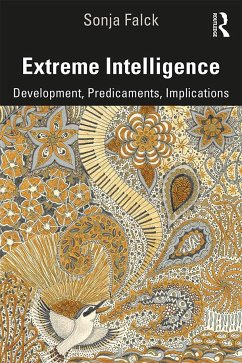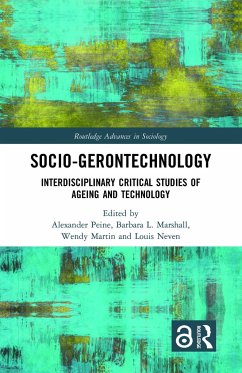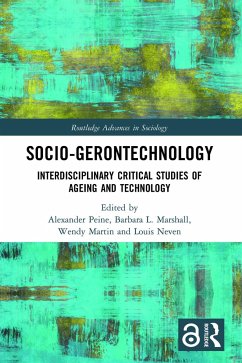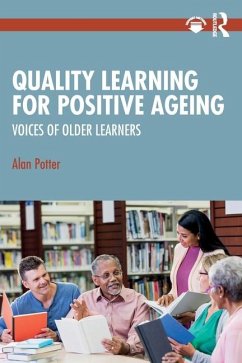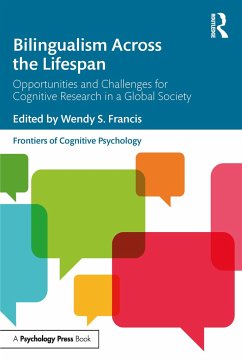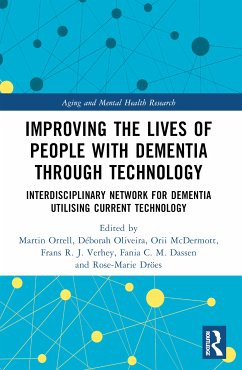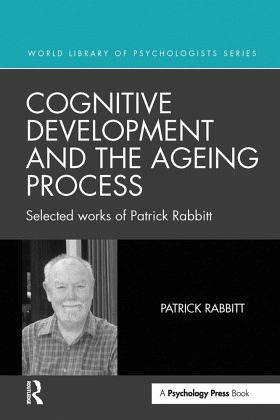
Cognitive Development and the Ageing Process
Selected works of Patrick Rabbitt
Versandkostenfrei!
Versandfertig in 6-10 Tagen
43,99 €
inkl. MwSt.

PAYBACK Punkte
22 °P sammeln!
In the World Library of Psychologists series, international experts present career-long collections of what they judge to be their most interesting publications - extracts from books, key articles, research findings, practical and theoretical contributions.Professor Patrick Rabbitt has been a prominent contributor to knowledge of cognitive performance and cognitive ageing for over half a century. He has made a range of significant contributions to geronotological research, from the development of information processing theories in the 1950s and 1960s to a new understanding of decision making a...
In the World Library of Psychologists series, international experts present career-long collections of what they judge to be their most interesting publications - extracts from books, key articles, research findings, practical and theoretical contributions.
Professor Patrick Rabbitt has been a prominent contributor to knowledge of cognitive performance and cognitive ageing for over half a century. He has made a range of significant contributions to geronotological research, from the development of information processing theories in the 1950s and 1960s to a new understanding of decision making and the ageing process in subsequent decades.
This collection of his research articles represents a review of how work in cognitive performance and cognitive ageing has developed in the past 50 years. Whilst the nature of scientific research means that some of the questions posed have since been answered, Rabbitt adds introductory sections to articles which contextualise its place in the subject area and offer a personal view on the evolution of the field.
This book is important because it provides a perspective on the development of cognitive research and the ageing process through the work of an active researcher in the field. It will interest all students and researchers interested in cognitive development and gerontology.
Professor Patrick Rabbitt has been a prominent contributor to knowledge of cognitive performance and cognitive ageing for over half a century. He has made a range of significant contributions to geronotological research, from the development of information processing theories in the 1950s and 1960s to a new understanding of decision making and the ageing process in subsequent decades.
This collection of his research articles represents a review of how work in cognitive performance and cognitive ageing has developed in the past 50 years. Whilst the nature of scientific research means that some of the questions posed have since been answered, Rabbitt adds introductory sections to articles which contextualise its place in the subject area and offer a personal view on the evolution of the field.
This book is important because it provides a perspective on the development of cognitive research and the ageing process through the work of an active researcher in the field. It will interest all students and researchers interested in cognitive development and gerontology.



